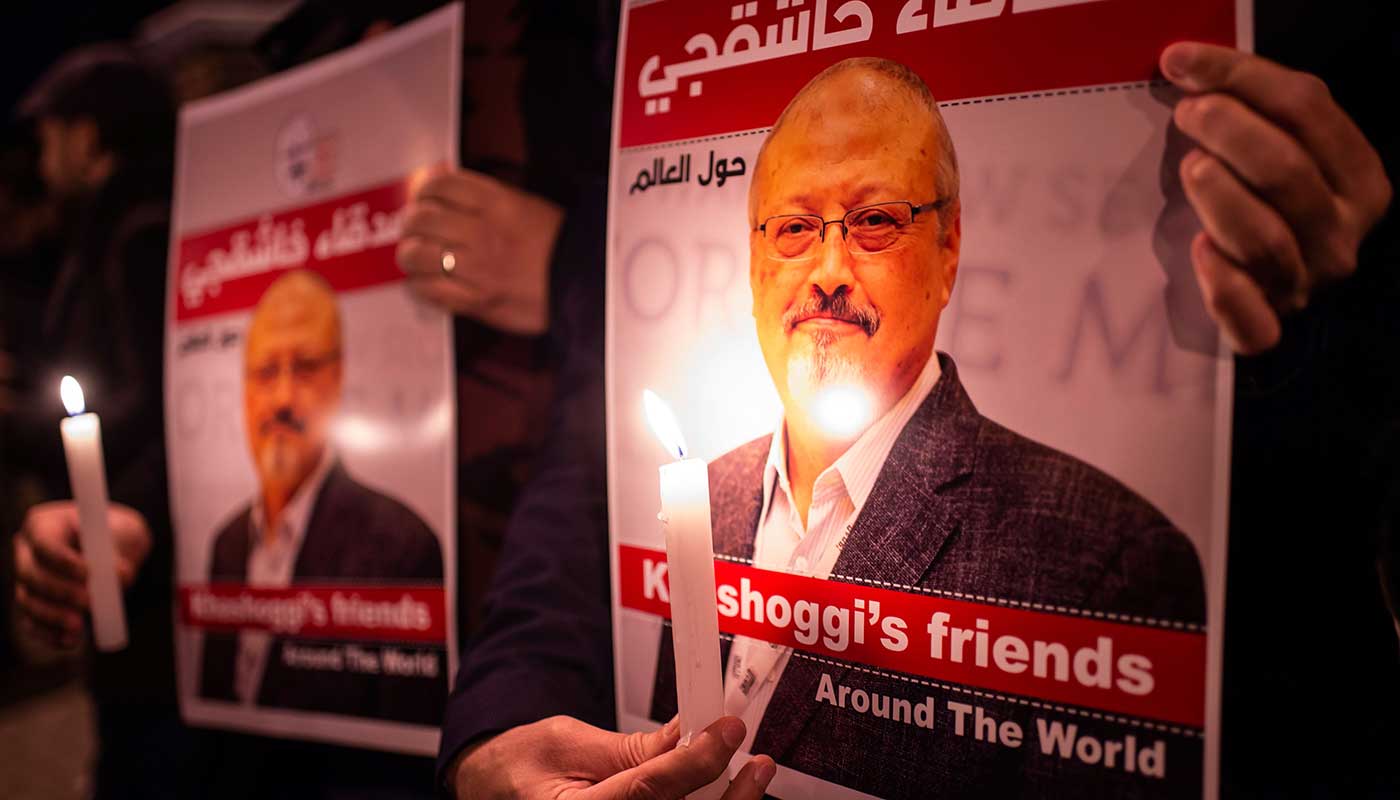Saudis seek death penalty for Khashoggi killers
Prosecutors seek to further distance journalist’s death from Saudi Crown Prince

A free daily email with the biggest news stories of the day – and the best features from TheWeek.com
You are now subscribed
Your newsletter sign-up was successful
Saudi Arabia has announced it will seek the death penalty for five of its agents accused of being behind the killing of dissident Washington Post journalist Jamal Khashoggi in Istanbul on 2 October.
The New York Times says the Saudi kingdom had “changed its story, again, about how the crime was committed”, in a further attempt to distance the country’s de facto ruler, Crown Prince Mohammed bin Salman, from the crime.
The latest version of events announced by Saudi Arabia claims that Khashoggi was “drugged by the accused and then dismembered”, the Hurriyet Daily News says, citing public prosecutor Saud al Mojeb.
The Week
Escape your echo chamber. Get the facts behind the news, plus analysis from multiple perspectives.

Sign up for The Week's Free Newsletters
From our morning news briefing to a weekly Good News Newsletter, get the best of The Week delivered directly to your inbox.
From our morning news briefing to a weekly Good News Newsletter, get the best of The Week delivered directly to your inbox.
According to prosecutors, eleven Saudi nationals have been indicted in the murder of Khashoggi, with a further 10 people under investigation for the crime.
None of those indicted have been publicly named, however a travel ban has been imposed on a top aide to the Crown Prince, Saud al-Qahtani, who had allegedly met with the Saudi team that was sent to bring Khashoggi to Saudi Arabia from Turkey.
Two other senior aides to the crown prince have been cleared of any involvement by the Riyadh public prosecutor.
The Washington Post says that the latest version of events from Saudi Arabia is “shocking in its audacity”, after Saudi officials appeared to have walked back an admission that the journalist had been killed in a premeditated attack.
A free daily email with the biggest news stories of the day – and the best features from TheWeek.com
Meanwhile, lawmakers in the US have responded with bipartisan legislation which, if passed, would “suspend weapon sales to Saudi Arabia and prohibit US refuelling of Saudi coalition aircraft for Riyadh’s campaign in Yemen against the Houthi rebels”, Al Jazeera reports.